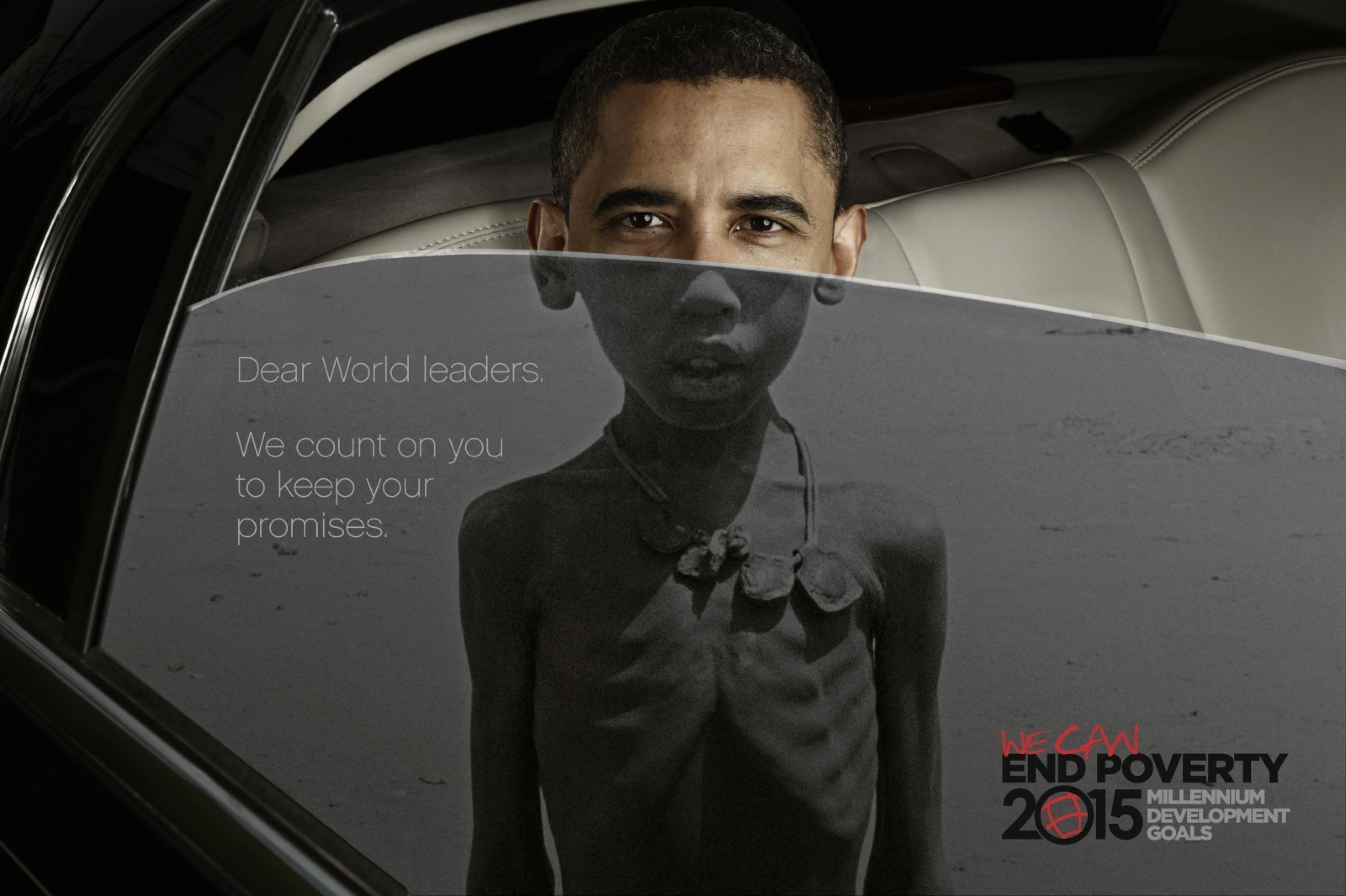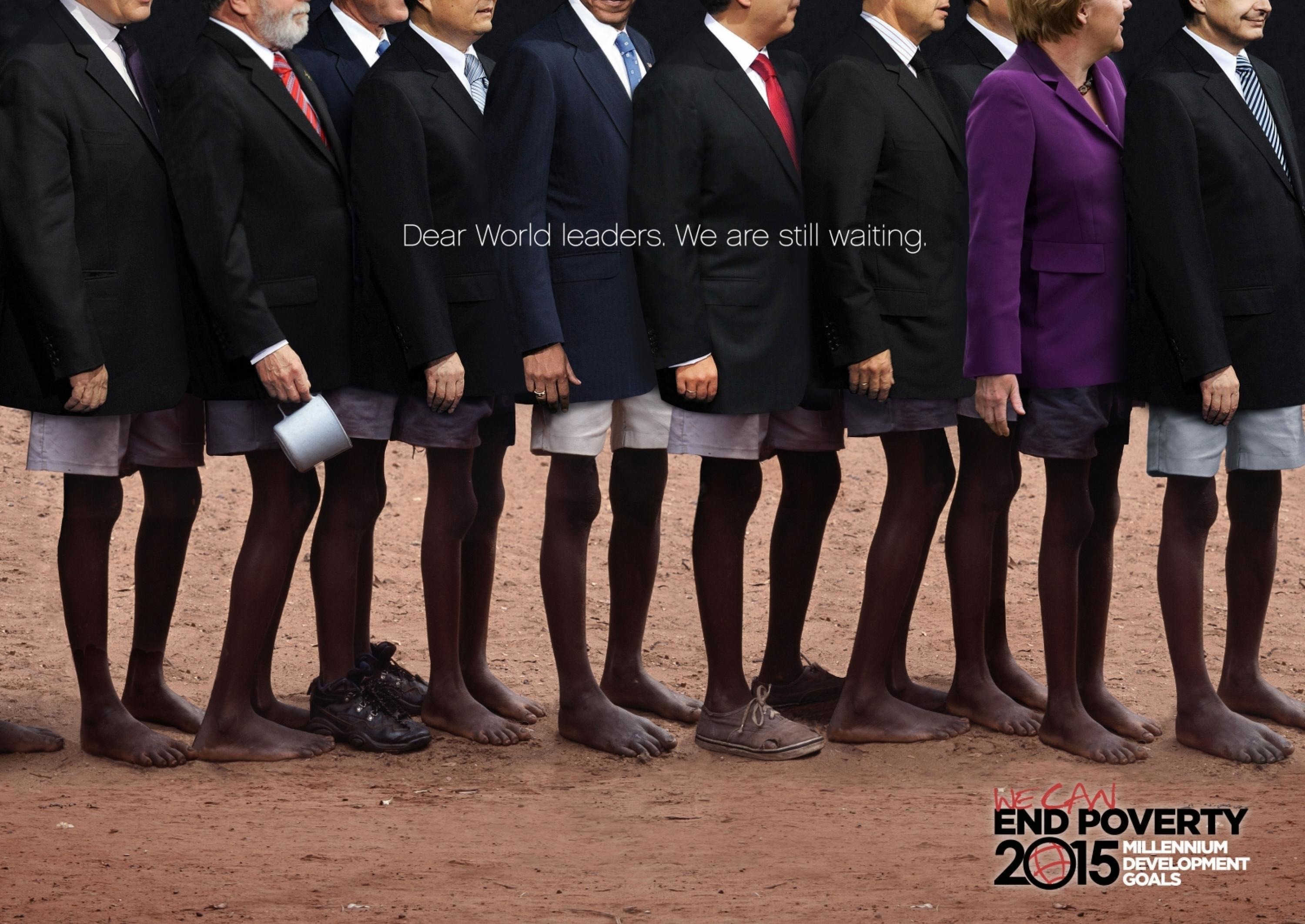Glass: The Award For Change > Glass
NOTHING IS ALLOWED ANYMORE
HVITA HUSID, Reykjavik / VIRK VOCATIONAL REHABILITATION FUND / 2023

Overview
Credits
Overview
Why is this work relevant for Glass: The Award for Change?
An extended scientific research showed that sexual harassment was still a serious problem in workplaces nationwide but tackling the deep-rooted challenge of sexual harassment in the workplace was never going to be easy. Instead of pushing victims to speak up, or turning offenders into monsters, the campaign spoke to all people that contribute to a certain work culture, mocking our tolerance for abuse and encouraging people to have a conversation about the topic with their co-workers. A full cultural change needed to happen with the silent majority speaking up against violence, this meant reaching the consciences of all genders and activating them in collective thinking. By focusing on famous sentences that excuses violent behaviours, equally including all genders, the campaign managed to reach the attention and participation of the greater part of the nation.
Background
The concept of sexual harassment in the workplace was not something people connect to burnout or dropping out of the job market. The client's main objective, however, is to prevent people from dropping out of the job market and help the nation balance their work lives and personal lives. Therefore, the client is an authority on the subject and has a vested interest in a positive outcome. The objective of the campaign was to speak to people's morals and get them to stand up and object a work culture that tolerates violence, hence creating a healthier and safer workplace for all.
Describe the cultural / social / political climate around gender representation and the significance of the work within this context
Iceland repeatably ranks on top of the world for gender equality but still research shows that one third of women in Iceland have been sexually harassed at work and most cases on sexual violence are dropped at court. Although things have come a long way and after the #metoo movement people are more willing to speak up, the common believe is still that we have reached an equality paradise and have little to change.
Describe the creative idea.
After viewing countless corporate videos on sexual harassment in the workplace and observing public conversations on sexual harassment in general, we quickly saw that talking to the same people in the same manner wasn't going to cut through. We needed to move the responsibility away from the victims, stop pushing them to speak up, when they obviously have little power within the workplace. We also knew that telling sexual abusers to "stop abusing" wouldn't do much in an ad-campaign. The likeliest people to speak up and actually drive any change would be the people that have little to lose and also don't feel like they are doing anything wrong. Reaching that audience needed to happen with a fresh take on the subject. It needed to be entertaining, not shaming, and spot-on in its satire. A satire choir singing about the good old days of harassing seemed like the perfect fit.
Describe the strategy
The widely held belief that victims are overly sensitive people who can’t take a joke is a big reason for the status quo. Victims didn’t feel safe coming forward, this is especially true for immigrant women and women in low-paying jobs.The phrase “Nothing is allowed anymore” which would be the equivalent to “You can’t say anything anymore” in English, was heard everywhere in Iceland during the first #metoo movement and regrettably hasn’t died down since. The idea for the campaign was to challenge that set of believes, by mocking it. It was aimed at the “innocent bystanders” who either aren’t bothered by the wrong doing or actively try to dispute it. Bystanders unwittingly create or maintain a hostile or toxic work environment, which deters people from telling the truth. Our target audience needed to be those willing to listen and with enough power to stand up for what is right.
Describe the execution
The strategy was to focus on the paid media coverage and have it be around 70-80% of the distribution. We also set the benchmark of the ad reaching peoplearound 60-70%. In a survey 87% of people said they had seen the ad in media after only 3 weeks of it being aired and 84% said the thought the ad was well made. There were no planned or paid sponsorships for this campaign, however many local newspapers and media covered the making of and interviewed the client on the subject, because of all the attention it was gaining. The timeline was marked from 23rd of September to the end of December same year. The organic reach and cultural conversation far out reached our expectations, proving the tone and message of the ad was spot-on for current cultural relevance.
Describe the results / impact
To drive real social change we needed to reach people willing to listen and not afraid to take action. The silent majority, who consider themselves open-minded, was our best bet to create space for wide-ranging conversations about the topic and drive actions on a daily basis all around the country's workplaces.The overall reaction and result surpassed our objectives, with more than 70% of people asked responding well to the subject, conversation and production of the ad. A survey revealed that 57% of the participants said that they had discussed the content of the ad or shared it with others. 75% of participants in a survey, said that the ad made them realise the importance of setting clear boundaries when it comes to in appropriate behaviour or harassment in the workplace.
More Entries from Glass in Glass: The Award For Change
24 items





